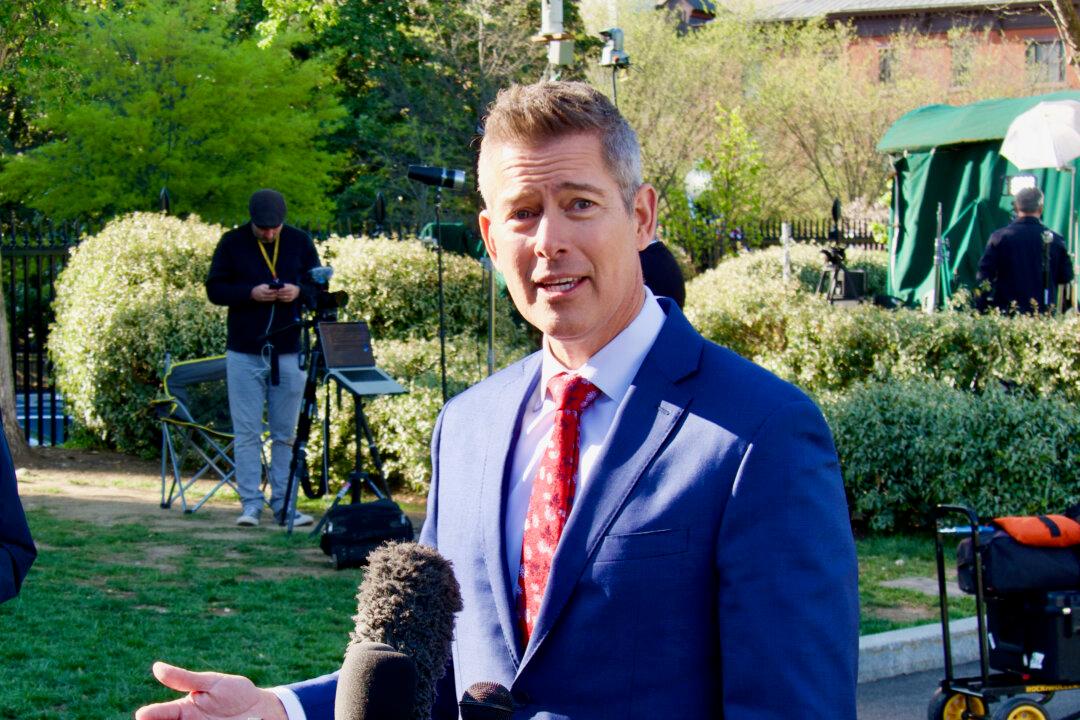Transportation Secretary Sean Duffy said on May 5 that he would soon announce plans to “radically transform” America’s air traffic control, as recent safety incidents have put a spotlight on its aging technology and implications for travelers.
In a Monday evening interview with Fox News’ “The Ingraham Angle,” Duffy said he would unveil the major overhaul plan on May 8.





